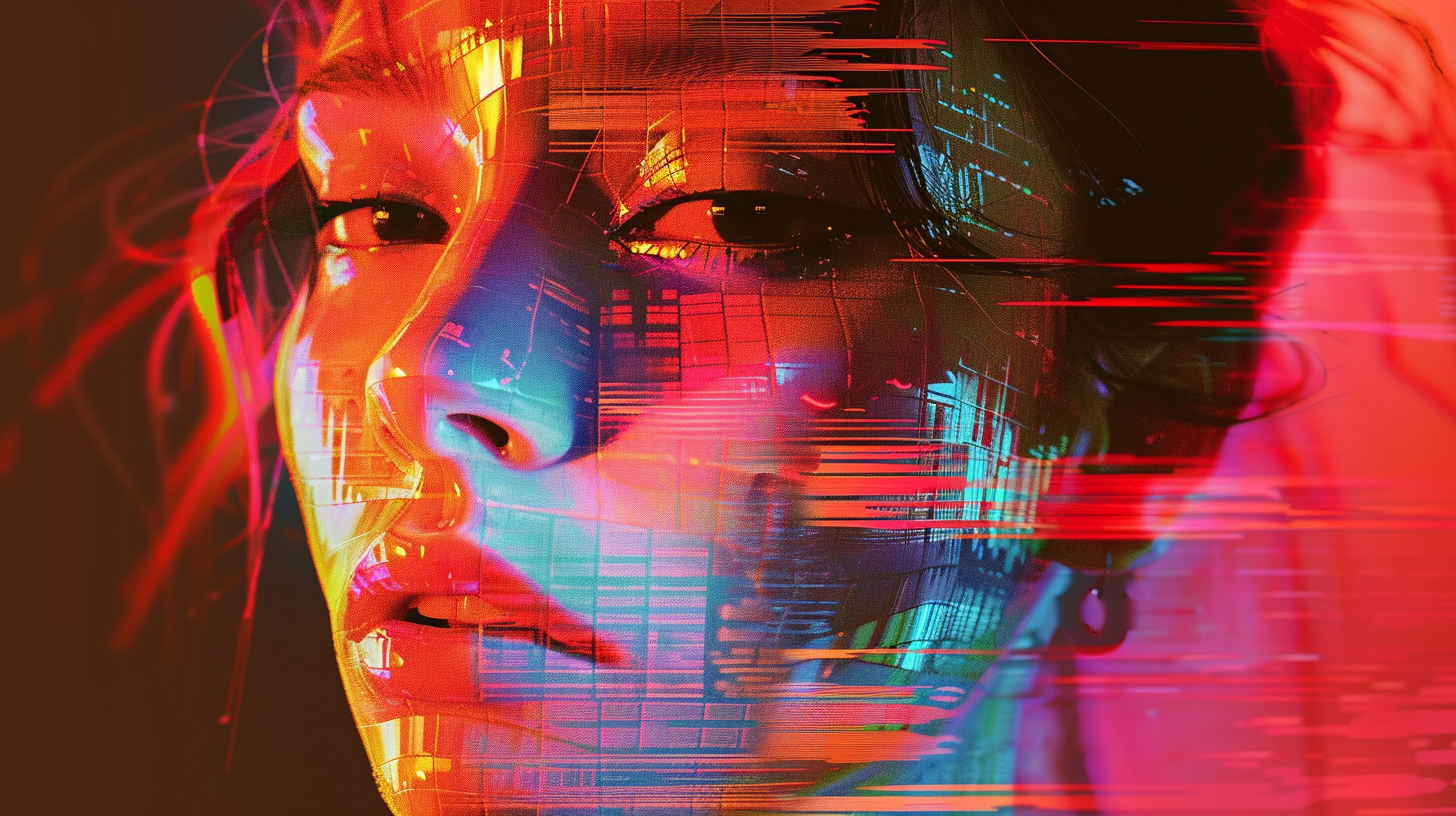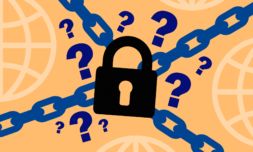A new law will serve to protect the overwhelming majority of UK-based women who believe deepfake technology poses a serious threat to their safety.
As the capabilities of Artificial Intelligence (AI) advance, people everywhere have raised concerns about how this technology will impact job security, education, and our everyday lives.
Women, however, have become overwhelmingly concerned about how AI-generated content could impact their safety.
A survey conducted by Glamour in collaboration with the organisation Refuge and Rape Crisis England & Wales found that 91 percent of people believe deepfake technology is a threat to women’s personal safety.
Deepfake tech uses AI to superimpose a person’s face onto any image or video of the creator’s choice. While it has been used to make harmless parody videos of Barack Obama and the late Queen Elizabeth II, it has also been used for more sinister reasons, such as war propaganda.
Mostly though, it’s been used to create deepfake porn. In 2023, 98 percent of all deepfake video content found on the internet was pornographic. Prominent celebrities and politicians have fallen victim to having their faces etched onto videos of a sexual nature, but so have everyday people.
Although various legislation has come into effect to protect the British public in online spaces – including the criminalisation of revenge porn and cyberflashing – laws aimed at dealing with rapidly improving AI software have been slow to emerge.
Finally, a new law which criminalises the use of AI to create deepfake pornographic content has come into effect in the UK. It comes after almost a year of campaigning by GLAMOUR magazine, online safety organisations, and the Law Commission of England and Wales.
Degrading. Violating. Dehumanising.
Sexually explicit ‘deepfakes’ – made without the consent of the victim – cause real-life trauma.
Presenter and campaigner @_JessicaDavies explains why a new law change criminalising their creation is so importanthttps://t.co/TBX7z0Epsu pic.twitter.com/lH78HYwVqg
— Ministry of Justice (@MoJGovUK) April 16, 2024




















